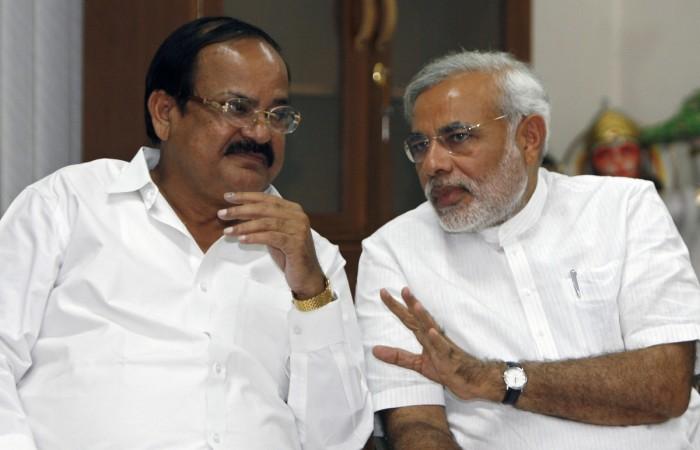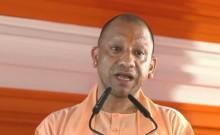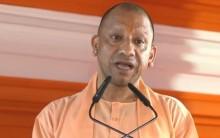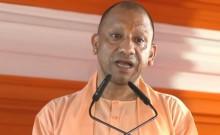
On Friday, August 11, as Venkaiah Naidu took oath as the 13th vice-president of India, Prime Minister Narendra Modi showered praise on him. He said Naidu has been an all-weather man who was always close to his roots and also that the maturity of Indian democracy today paves way for people from humble backgrounds reach the top posts. Modi's ecstasy is understandable because the feat of Naidu, who he called a "farmer's son", came after he himself became the prime minister despite being born a tea-seller's son. Meanwhile, a Dalit became the president of India as well.
Though it is not that the Indian democracy is seeing people from moderate backgrounds manning its top posts from the first time, Modi's dig certainly was at the first family and the idea of an elitist democracy it brings with it. As Opposition leader in the Rajya Sabha Ghulam Nabi Azad rightly said that the question is not about rich or poor, but Modi and his BJP know very well what narrative will sell the most in this 'New India'. It is turning the story around from the elitist to the populist to keep generating the support on issues – both political and non-political.
Modi celebrates BJP's total control
Modi is elated also from the fact that all the top four constitutional posts now are held by the BJP, something which is happening for the first time in independent India and that now makes Modi encouraged enough to give the message to the Opposition: "Move over. It is our time and we will write history in our own terms now".

The first building block of the erection of the new history is that in this India, people from the lowest rungs of the society can dare to think big. Although, the reality is that people like President Kovind, Vice President Naidu and Prime Minister Modi have long been present in the country's political discourse. Their victories have also been made possible by India's current lopsided democracy where there is virtually no Opposition to resist the BJP.
At 70, there is a high chance of India's first-generation leaders getting eclipsed with the exception of Mahatma Gandhi by the founders of the new republic. Our democracy has certainly deepened in terms of social mobilisation but whether its political version deserves an accolade is yet not clear.

















